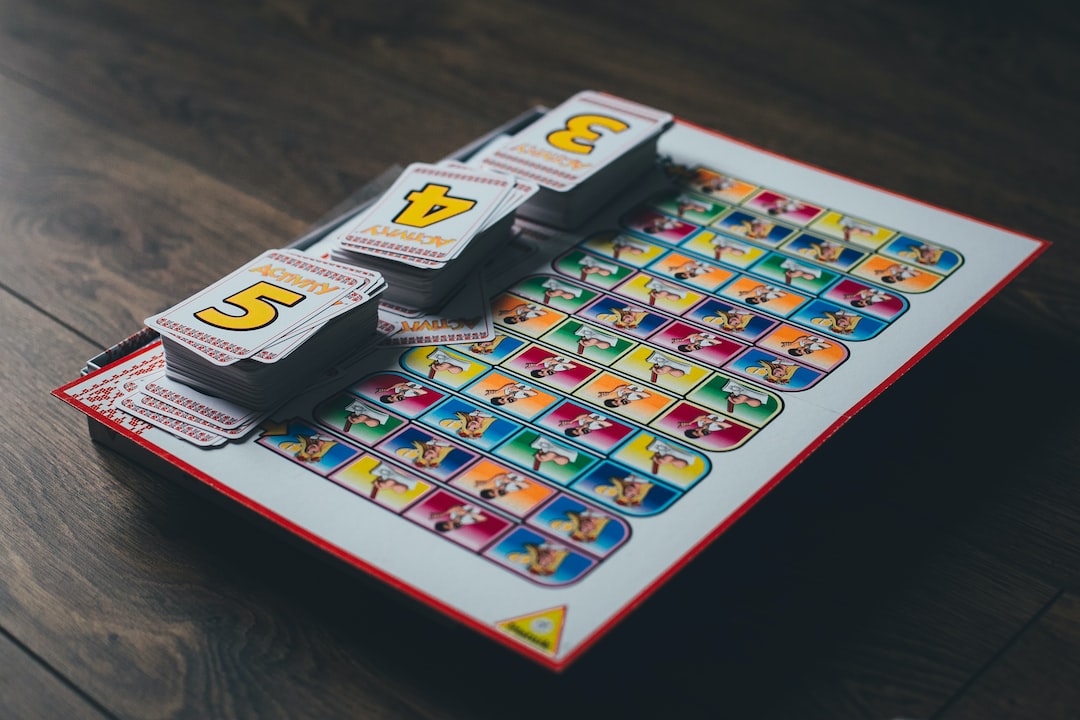Gaming’s Positive Impact on Mental Health: Case Studies and Success Stories
In recent years, the world of gaming has not only gained popularity, but it has also become a topic of interest when it comes to mental health. Contrary to the common belief that gaming exclusively leads to addiction and social isolation, there is emerging evidence suggesting that gaming can actually have a positive impact on mental health. This blog post seeks to shed light on some case studies and success stories that showcase gaming’s potential to improve mental well-being.
One promising case study involves a group of veterans who had been suffering from post-traumatic stress disorder (PTSD). These individuals participated in a study that introduced them to a virtual reality game specifically designed for therapeutic purposes. The game allowed the veterans to virtually re-experience scenarios similar to their traumatic experiences in a safe and controlled environment. Through repeated exposure and desensitization, the veterans showed decreased symptoms of anxiety and improved coping strategies. This case study not only highlights the effectiveness of gaming as a therapeutic tool but also emphasizes its potential to provide a safe space for individuals to confront and manage their psychological trauma.
Another success story revolves around the use of gaming as a means to alleviate symptoms of depression. A study conducted with college students experiencing depressive symptoms found that engaging in a specific type of game called a “mood management game” led to a significant reduction in feelings of sadness and hopelessness. These games were designed to promote positive emotions, relaxation, and engagement, ultimately acting as a form of digital therapy. By immersing oneself in an enjoyable and fulfilling virtual world, these individuals found solace and relief from their depressive symptoms, reinforcing the notion that gaming can be a powerful tool in the fight against mental health disorders.
Furthermore, gaming also has the potential to address the issue of social isolation, often associated with mental health struggles. Online multiplayer games, in particular, have been found to cultivate a sense of community and belonging. One success story involves an individual living with social anxiety disorder who utilized online gaming as a means to connect with others in a safe and controlled environment. Through the game, this individual developed online friendships and eventually gained the confidence to transfer these connections to real-life relationships. The support and companionship derived from gaming not only helped alleviate feelings of social isolation but also boosted self-esteem and overall mental well-being.
While these case studies and success stories offer a glimpse into the positive impact of gaming on mental health, it is important to note that moderation and player’s intention are key factors. Excessive gaming or gaming as a form of escapism can have adverse effects on mental health. However, when approached with a balance and purposeful mindset, gaming can become a therapeutic tool that offers solace, fosters a sense of community, and enhances mental well-being.
In conclusion, the stereotype that gaming is solely detrimental to mental health is being challenged by emerging evidence and personal success stories. The case studies discussed above highlight gaming’s potential to treat conditions such as PTSD and depression, as well as alleviate social isolation. While further research is still needed, these stories emphasize the positive impact of gaming on mental health and provide hope for the future integration of gaming as a therapeutic tool.
